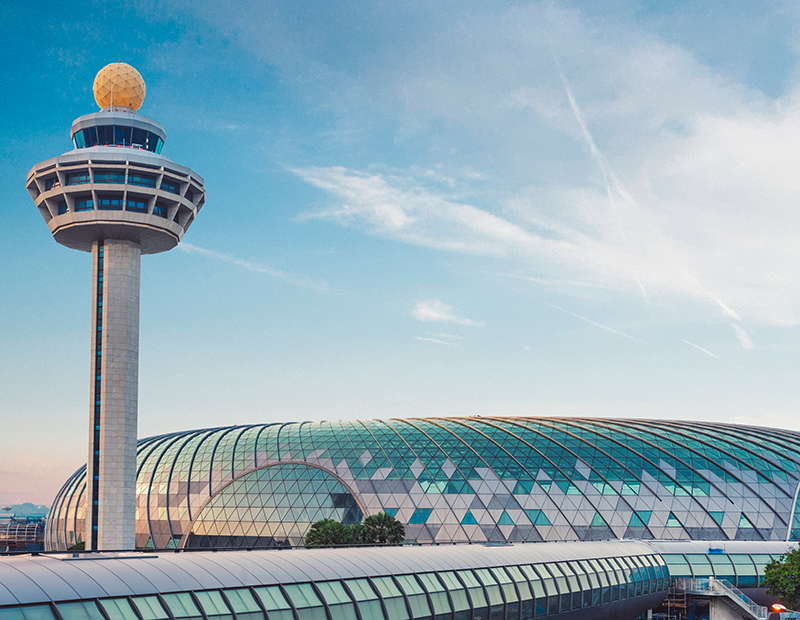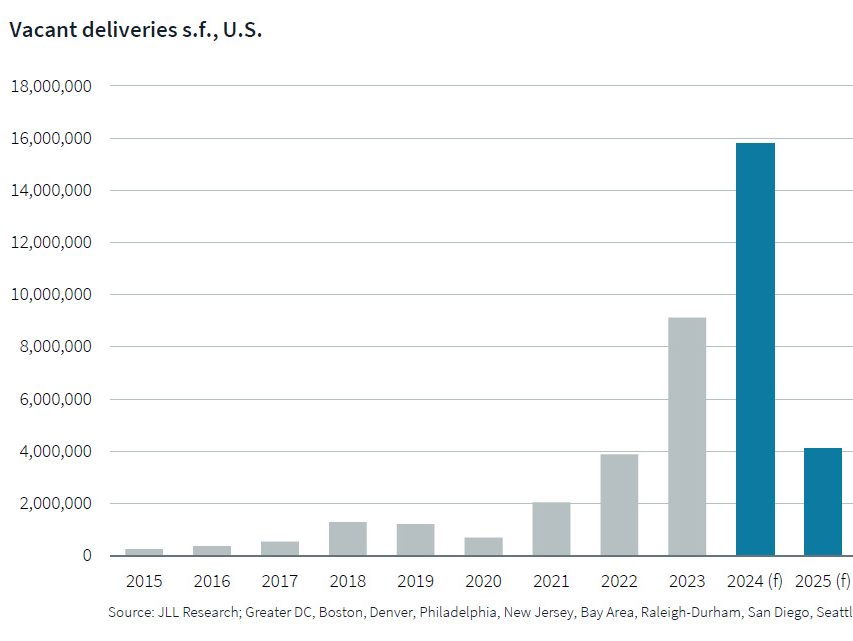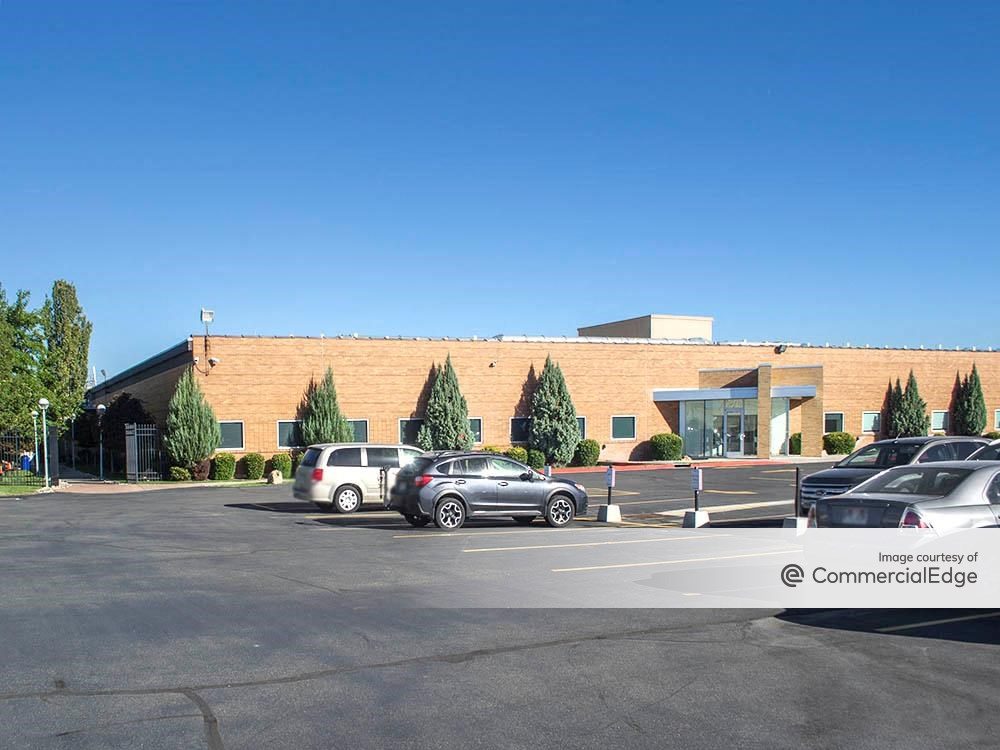Airport Project Uses Vitro Architectural Glass
The product offers exceptional transparency and solar control in the recently opened $1.2 billion domed complex in Singapore.
Jewel Changi Airport, a new $1.2 billion extension to Singapore’s international air hub, has recently opened its doors, complete with a huge dome featuring more than 550,000 square feet of solar control, low-emissivity (low-e) glass produced by Vitro Architectural Glass.
Two of the company’s glass products were specified for the airport complex, which was five years in the making. The multi-faceted glass dome, which covers 1.7 million square feet of space and spans more than 650 feet, incorporates Solarban 70 glass, which has visible light transmittance (VLT) of 64 percent and solar heat gain coefficient (SHGC) of 0.27 in a standard 1-inch insulating glass unit.
The dome features more than 9,000 triangles of the double-glazed glass units, with a 16-millimeter air space between the two panels to insulate against aircraft noise. The glass was chosen for its combination of transparency and solar control, along with its ability to support plant life and deflect and absorb radar signals.
The new facility also features two glass-walled pedestrian bridges, which incorporate Solarban 72 triple-silver low-e coating over Starphire Ultra-Clear glass, the industry’s most transparent architectural glass. Solarban 72 Starphire glass has a VLT of 68 percent and a SHGC of 0.28 in the standard configuration.
Vitro Architectural Glass products are used in other facilities worldwide, including Urban Union, a 12-story, 268,000-square-foot office building that opened in 2016 as part of Amazon’s downtown Seattle headquarters expansion project. The brand is part of Mexico-based Vitro, which has manufacturing operations in the U.S.








You must be logged in to post a comment.